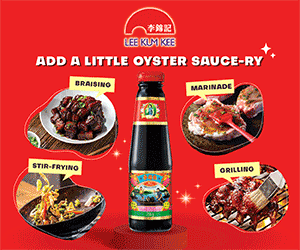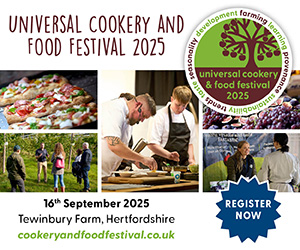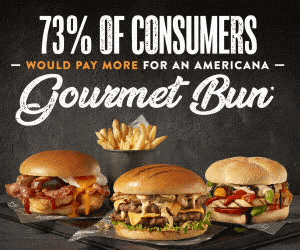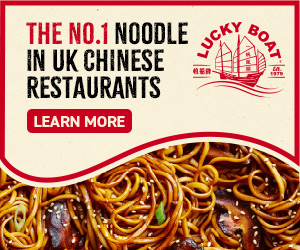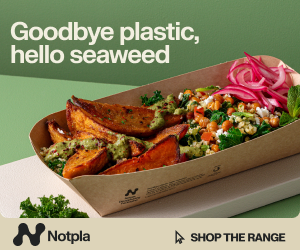Market insight: Future forecast

The UK’s largest food and drink suppliers are facing key decisions to secure their futures after withstanding Covid-19, according to new research from OC&C Strategy Consultants...
The UK’s largest food and drink producers saw a dip in revenue growth but largely weathered the storm of Covid-19 in 2020, OC&C Strategy Consultants’ latest Food and Drink Top 150 shows. Overall revenue growth among the UK’s largest 150 food and drink producers fell to 1.1%, down from 1.9% in 2019; however, profit margins among this year’s 150 remained robust, rising to 5.8%, up from 5.5% in 2019. Associated British Foods topped the ranking as the UK’s highest grossing food and drink producer for the second successive year.
These relatively stable figures mask significant volatility in both profits and revenues among the Top 150. Revenue for 26 of the 150 grew by over 10%, while 20 saw declines of over 10%. Larger brands were able to better manage Covid-related disruption, and as a result were able to cash in on other industries, such as hospitality and events, that fell foul to Covid restrictions. Birds Eye, Weetabix and Valeo Foods were among those that saw the most improved margins.
Despite a challenging backdrop, there was an above average level of deal-making in the sector, illustrating an attractive space for investment going into 2022. There were 13 deals completed in 2020 among the Top 150, most notably Bain Capital’s acquisition of Valeo Foods and Mondelez’s acquisition of Grenade. This is a trend that has continued into 2021, with 15 deals completed already, with a minimum of nice more being expected before the year is out.
Nilpesh Patel, partner at OC&C Strategy Consultants, said: “The fortunes for the food and drink sector during 2020 can truly be classed as mixed. Scale allowed larger brands to better absorb the shockwaves of Covid, with smaller players and those more reliant on international sales struggling.
“However, the industry has bounced back well in 2021 with mergers and acquisition [M&A] activity buoyant and the sector clearly benefiting from private equity interest. This is despite labour shortages, increasing input costs and rising global inflation painting an uncertain picture.”
Premier Foods capitalised on consumers’ growing preference to stick with trusted brands, seeing margins increase by 16.4% and rising to 21st in the Top 150. Warburtons, Tilda and Albert Bartlett also enjoyed strong years thanks to product expansion and prioritising innovation.
The Top 150 are also having to pay increasing attention to their sustainability footprint, mirroring trends seen across other fast-moving consumer goods sectors. An OC&C survey conducted as part of the report found that over 50% of UK consumers are now making decisions entirely or partially influenced by sustainability. As a result, the Top 150 are placing greater emphasis on their environmental, social and governance work in their external communications. Indeed, 58% of them included a mention of this in their yearly reports.
Patel added: “When it comes to sustainability, consumers are also voting with their feet. This trend is here to stay, and businesses must continue to enact changes within their governance structures and supply chains, otherwise, they risk being left behind.
“There are significant investments in these areas from the Top 150 and the level of M&A activity shows an industry-wide willingness to enact change. As a result, senior executives are increasingly considering a combination of financial and reputational factors when deciding how to adjust their business models.”











